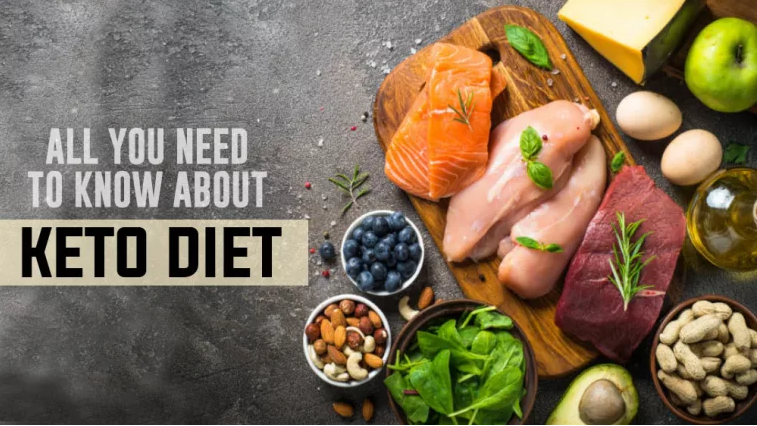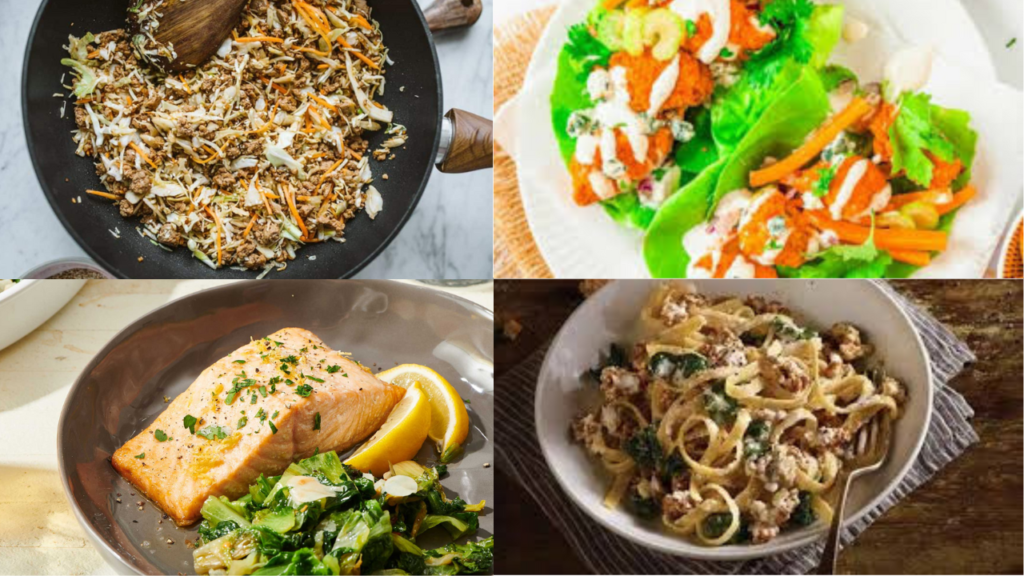Best Keto Protein Sources to Keep You in Fat-Burning Mode!

If you’re on the keto diet, you know that protein plays a crucial role—not just for building muscle, but also for keeping you full, satisfied, and on track with fat-burning ketosis. But not all keto protein sources are created equal. This guide dives into the best keto-friendly protein options that keep carbs low, support your metabolism, and fuel your ketogenic lifestyle.
Why Protein Matters on Keto
The keto diet is high in fat, moderate in protein, and very low in carbs. Too much protein can kick you out of ketosis, but too little protein can damage muscle and lower energy levels. The main thing is to find the right balance — and focus on clean, low-carb protein sources.
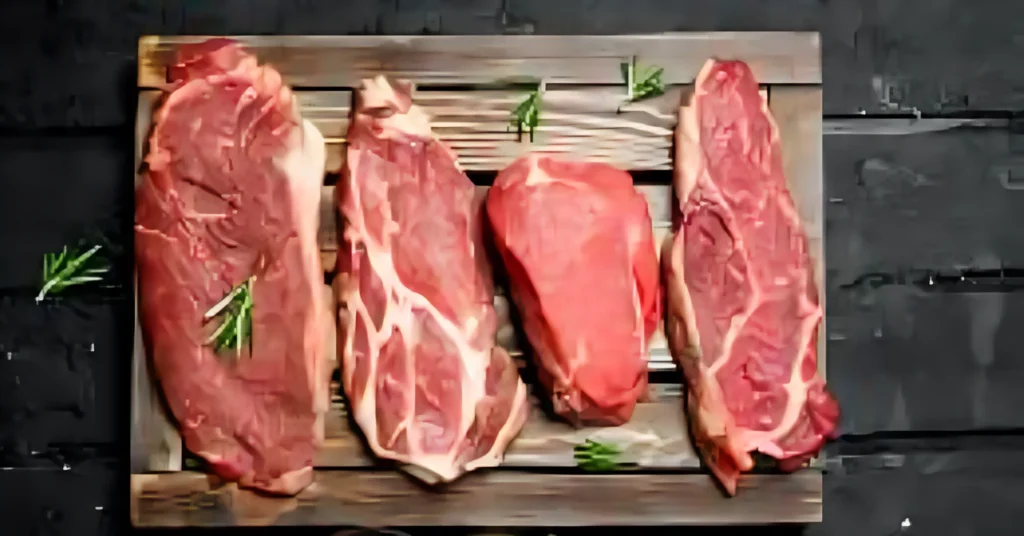
1. Grass-Fed Beef
Carbs per 100g: 0g
Why it’s great: Packed with B vitamins, iron, and creatine, grass-fed beef is leaner and richer in omega-3s than grain-fed versions.
✅ Choose ribeye, ground beef (80/20), and steak cuts.
✅ Avoid processed options with hidden carbs (e.g., some beef jerkies).
👉 Looking for quick and easy keto dinners? Check out our 7 Keto Dinner Recipes That Take 20 Minutes or Less for ideas that pair perfectly with grass-fed beef!
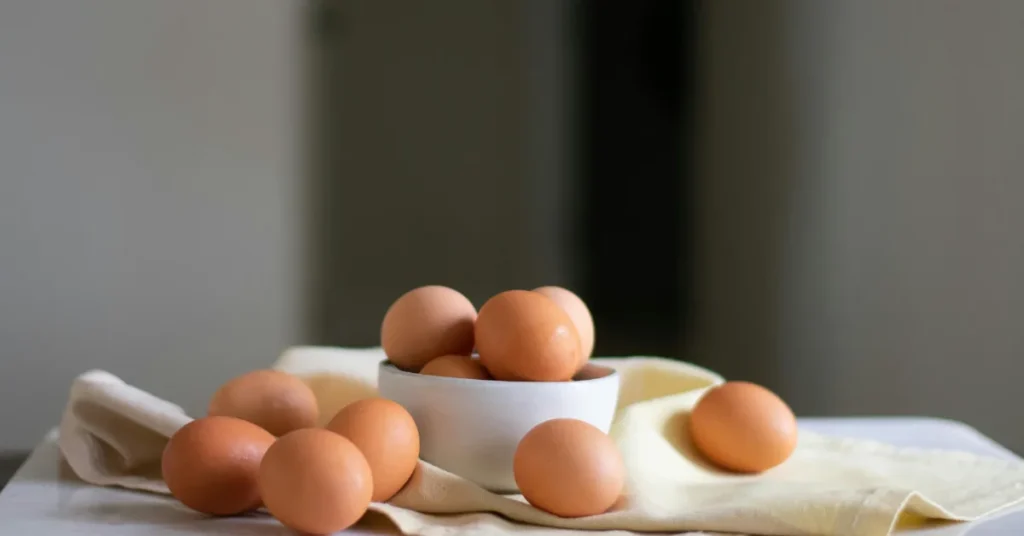
2. Eggs
Carbs per egg: ~0.6g
Why it’s great: Eggs are a keto staple! Loaded with protein, healthy fats, and choline (great for brain health).
🥚 Enjoy boiled, scrambled, fried, or baked.
🥑 Add avocado and cheese for a complete keto meal.
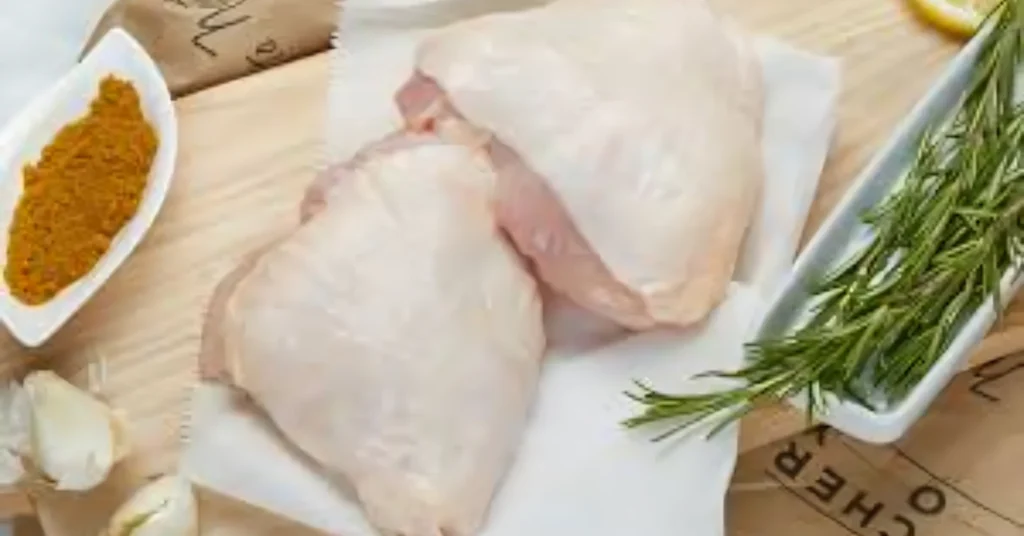
3. Chicken Thighs (with skin)
Carbs per 100g: 0g
Why it’s great: More flavorful and fatty than chicken breasts, thighs help you stay full longer.
🔥 Roast, grill, or cook in a skillet with olive oil and garlic for a tasty keto dinner.
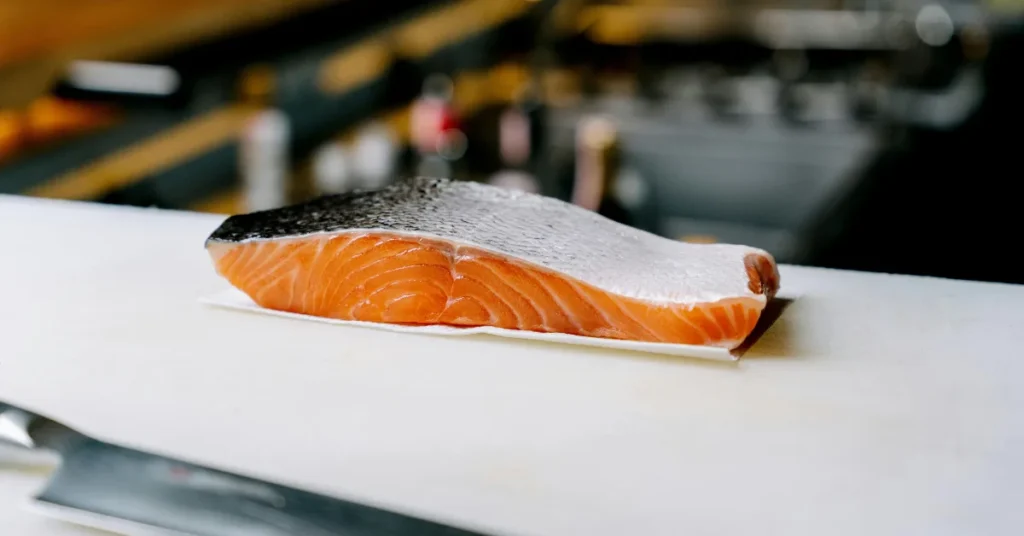
4. Salmon & Fatty Fish
Carbs per 100g: 0g
Why it’s great: Salmon is loaded with omega-3 fatty acids, protein, and zero carbs.
🐟 Other great picks: mackerel, sardines, and tuna.
🧈 Pair with lemon butter or avocado cream sauce.
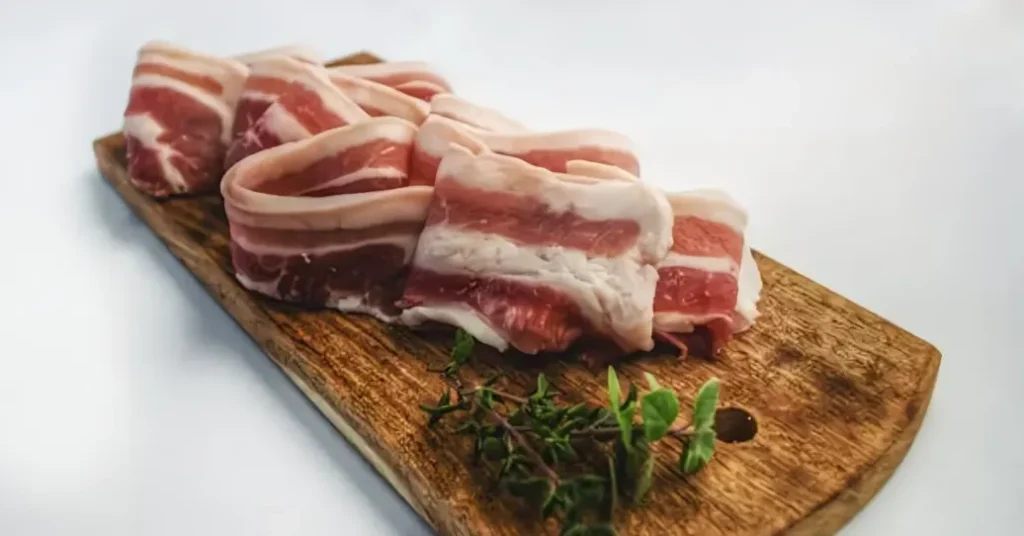
5. Pork (Bacon, Chops, Sausage)
Carbs per 100g: 0-2g (check labels!)
Why it’s great: Bacon and pork chops are rich in flavor, protein, and fat—ideal for keto.
⚠️ Avoid bacon or sausage with added sugar or fillers.
✅ Opt for uncured, sugar-free varieties.
6. Turkey
Carbs per 100g: 0g
Why it’s great: A leaner protein option, turkey breast or ground turkey is great for lighter keto meals.
🌿 Add olive oil or cheese for extra fat content.
🥬 Wrap in lettuce for a low-carb turkey wrap.
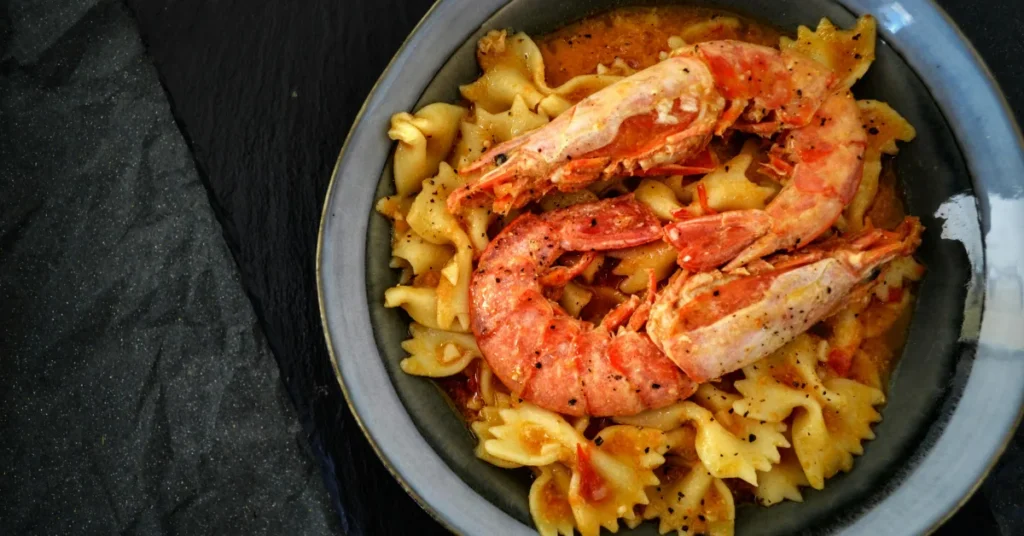
7. Shellfish (Shrimp, Crab, Lobster)
Carbs per 100g: 0-1g
Why it’s great: High in protein, low in fat, and very low in carbs.
🍤 Perfect for stir-fries or keto pasta made with zucchini noodles.
🧄 Cook with garlic butter for extra richness.
8. Full-Fat Greek Yogurt (Unsweetened)
Carbs per 100g: ~3-4g
Why it’s great: Creamy, satisfying, and a great source of protein and probiotics.
🥄 Use as a base for dips or enjoy with chia seeds and a few berries.
9. Protein Powders (Keto-Friendly Only)
Carbs per scoop: 1-3g (check label)
Why it’s great: Convenient post-workout protein source.
✅ Look for grass-fed whey isolate, collagen peptides, or keto-specific blends.
🚫 Avoid powders with added sugars or maltodextrin.
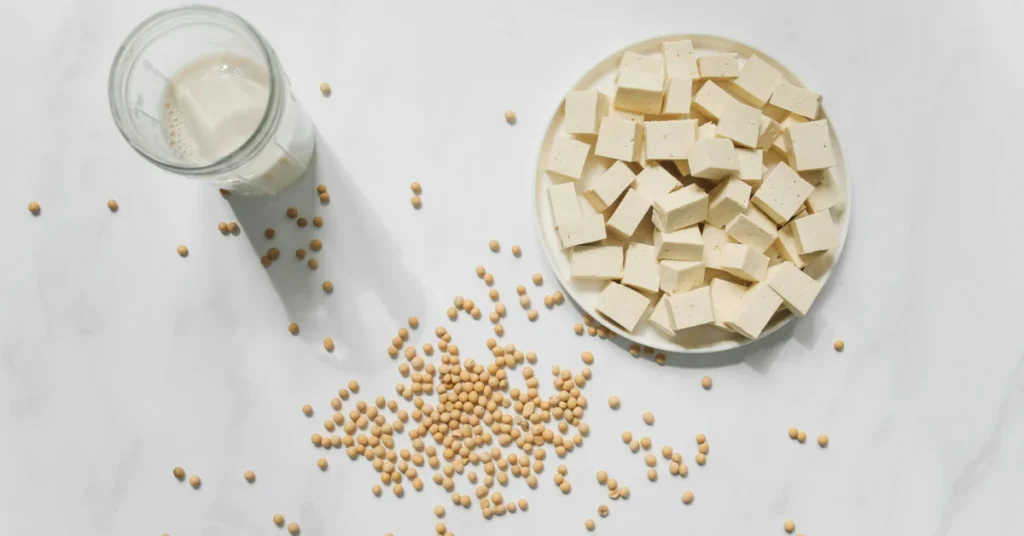
10. Tofu & Tempeh (For Plant-Based Keto)
Carbs per 100g: 1-3g
Why it’s great: A solid protein source for vegetarians or vegans following keto.
🌱 Stir-fry with coconut aminos and veggies or grill for a smoky flavor.
Tips to Stay in Fat-Burning Mode
Track your macros: Use apps like Carb Manager or MyFitnessPal.
Prioritize whole foods: Avoid processed meats with hidden sugars.
Watch your portions: Too much protein can convert into glucose and hinder ketosis.
Add healthy fats: Drizzle olive oil, sprinkle cheese, or top with avocado.
Boost your keto journey with keto protein sources that support fat burning, muscle retention, and energy. With the right choices, you can stay in ketosis while enjoying satisfying, delicious meals.
👉 New to keto? Start here to get free recipes
FAQs
Q1: How much protein should I eat on a keto diet?
A. Most people on the keto diet should aim for 0.6 to 1.0 grams of protein per pound of lean body mass per day. This ensures muscle maintenance while keeping your body in ketosis.
Q2: Can too much protein kick me out of ketosis?
A. Yes, excessive protein can be converted into glucose via gluconeogenesis, potentially lowering ketone levels. It is important to maintain a moderate intake rather than a high protein intake.
Q3: Are plant-based proteins okay on keto?
A. Absolutely! Options like tofu, tempeh, and hemp seeds are low in carbs and high in protein, making them suitable for plant-based keto dieters.
Q4: What’s the best protein for beginners on keto?
A. Eggs, chicken thighs, and salmon are great starting items — they’re inexpensive, easy to cook, and full of nutrients that support ketosis.
Q5: Is whey protein powder keto-friendly?
A. Yes, but choose whey protein isolate or collagen peptides with 1-2 grams of net carbs per serving. Avoid powders with sugar, maltodextrin, or fillers.
Q6: What protein is best for fat loss on keto?
A. Focus on low-fat but satiating proteins like grass-fed beef, turkey and shellfish, and incorporate healthy fats to help you stay satiated and burn fat effectively.
Q7: How can I tell if a protein source has hidden carbs?
A. Always check nutrition labels for added sugars, starches, and fillers. Avoid processed options with flavored meats, sauces, or ingredients like dextrose or corn syrup.

